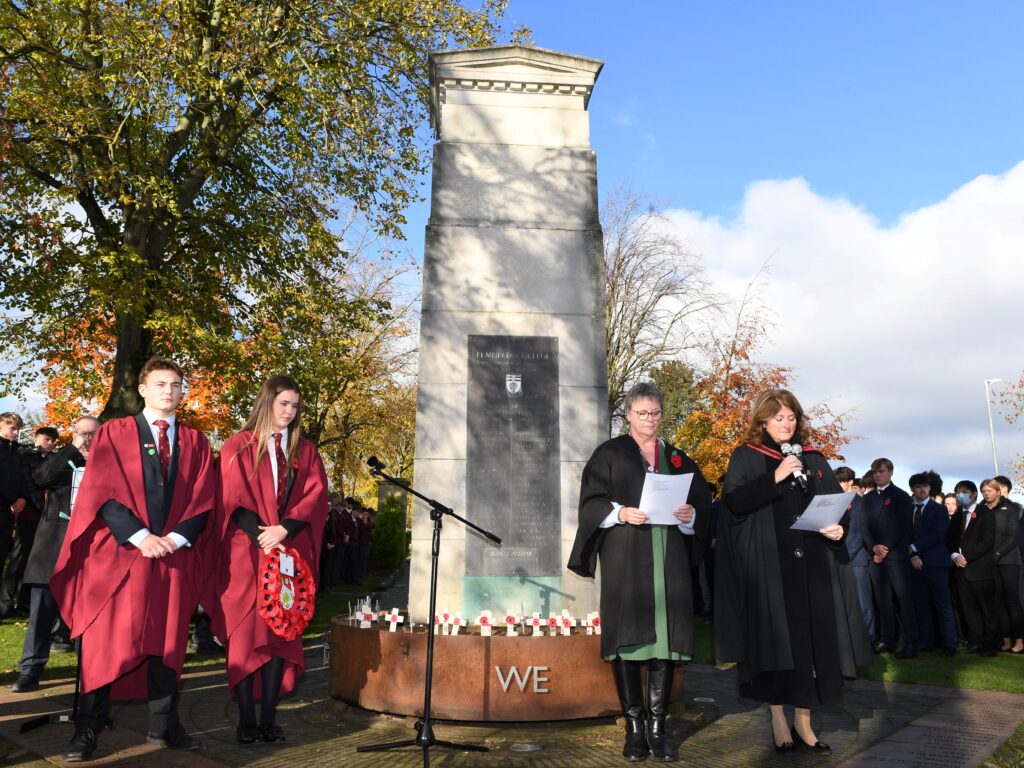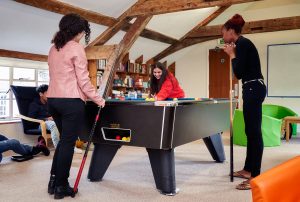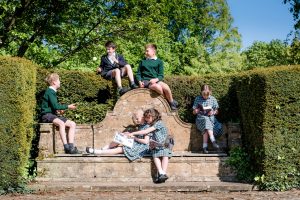AT a poignant ceremony today (Friday 10 November) , pupils from a Harrogate school remembered almost a hundred others who walked the classroom corridors before them and made the ultimate sacrifice for their country.
A total of 765 youngsters and staff from Ashville College signed up to serve in both World Wars – yet 97 never returned home.
Of the 300 former Ashvillians called up in the First World War, 38 died in the conflict – eight on the first day of the Battle of the Somme in 1916.
In the Second World War, 465 former pupils and teachers volunteered for the forces. Of those, 59 were killed.
In the 1920s, a war memorial was unveiled in the school’s grounds in honour of the fallen from the “war to end all wars”. Just over a century later, the monument – a smaller replica of London’s Cenotaph – was at the centre of another ceremony to honour and remember those from the school who have died in service to their country.
Pupils and staff participated in prayers, sang hymns, and listened to a reading of In Flanders Fields and a performance by the Ashville Singers in the college’s Soothill Hall before gathering as a community at the memorial.
Here, wreaths were laid by the Head Boy and Girl; Chair of Governors Jamie Search; President of the Ashvillian Society, Beth Mottram and a representative of the Armed Forces.
A wooden cross was also laid at the memorial for every former Ashvillian who lost his life during the First and Second World Wars. The school’s Head of Instrumental Studies, Ross Simpson, played The Last Post before two minutes’ silence was observed.
Ashville’s boarders will attend the Remembrance Service at the Commonwealth Graves at Harrogate’s Stonefall Cemetery on Sunday (12 November).
As a former History student at Oxford University, Mrs Rhiannon Wilkinson, Head of Ashville College, has a personal understanding of how the past can still influence society today. She said she felt it important that pupils at Ashville appreciate the significance of the sacrifice made by those who lost their lives.
“Although there are many things which are different today, those who fell would probably have had similar dreams for their futures as the pupils in our classrooms today,” she said.
“After all, they weren’t always soldiers, sailors or airmen but boys learning not just academically but also how to interact with their peers or how to be a part of a team.
“Indeed, not letting the side down may well have been the motivation many needed for bravery on the battlefields. If we can pass on to our pupils this respect for a sense of duty, and an understanding of the scale of their sacrifice, then we can hope we are laying the foundations for a better society for generations to come.”
Categories: Ashville College School News








